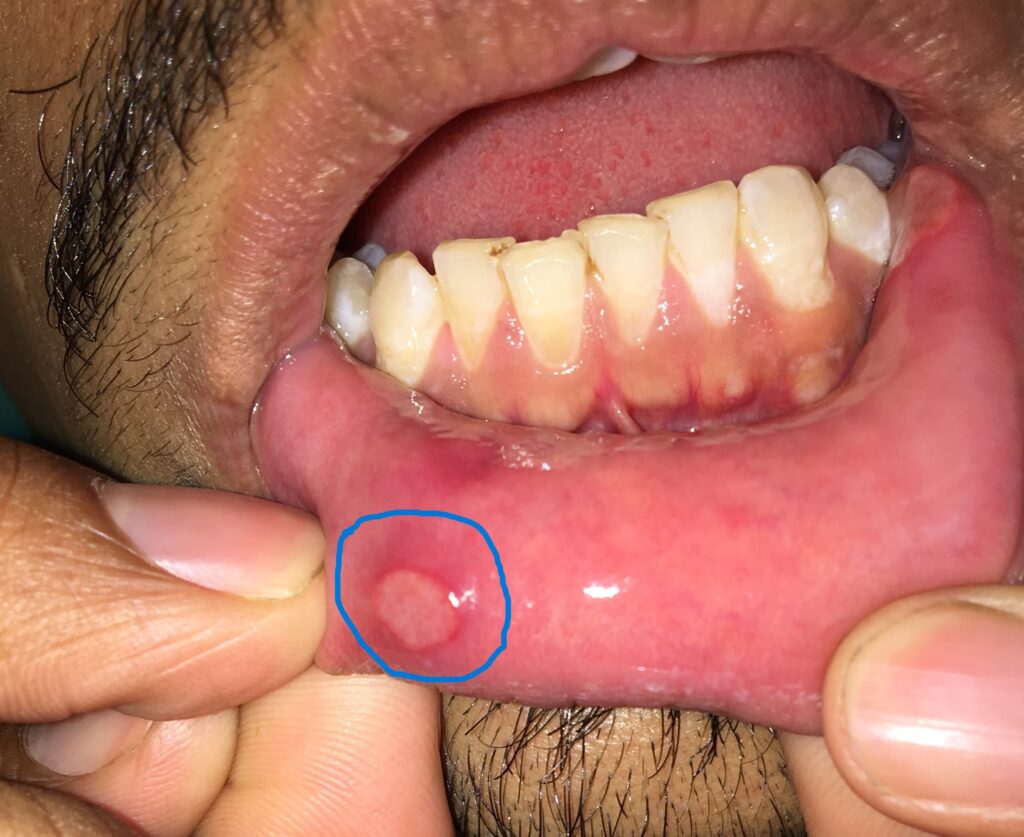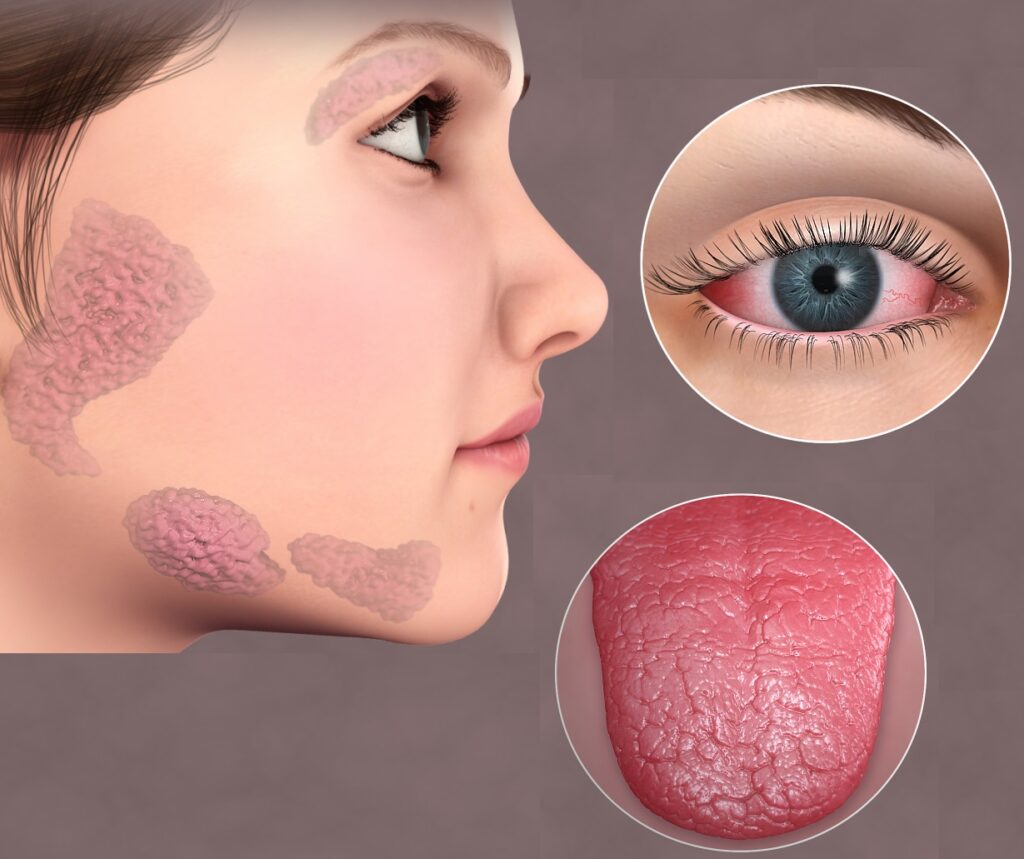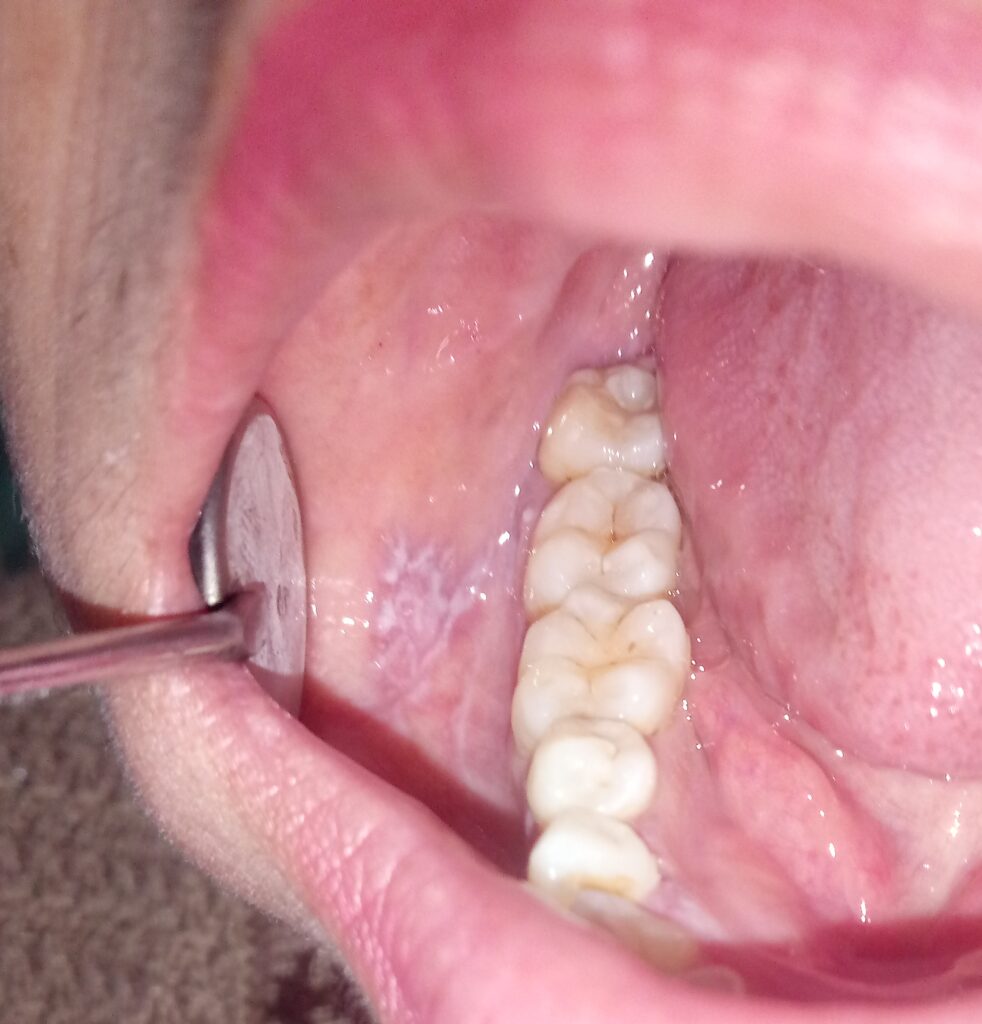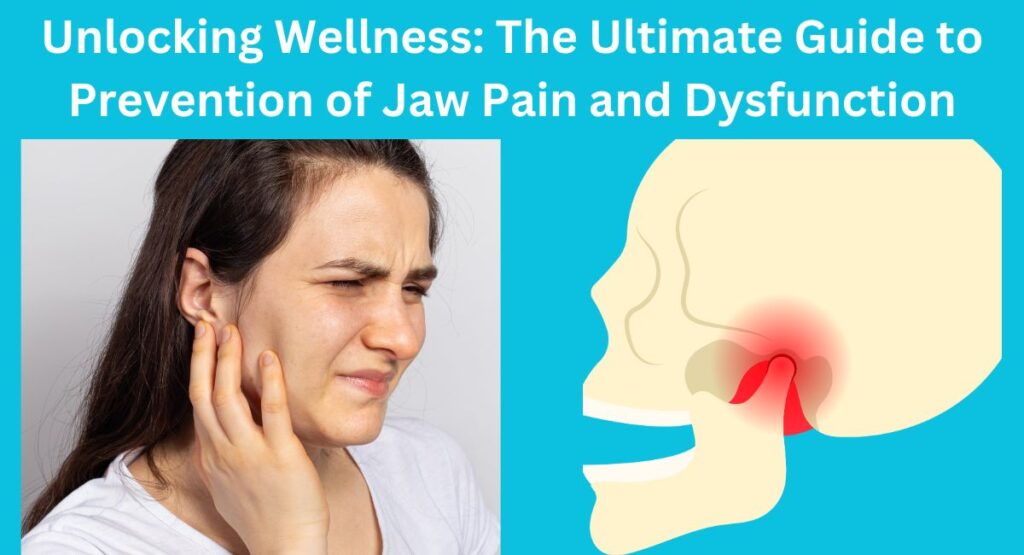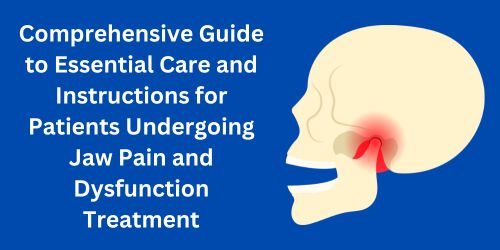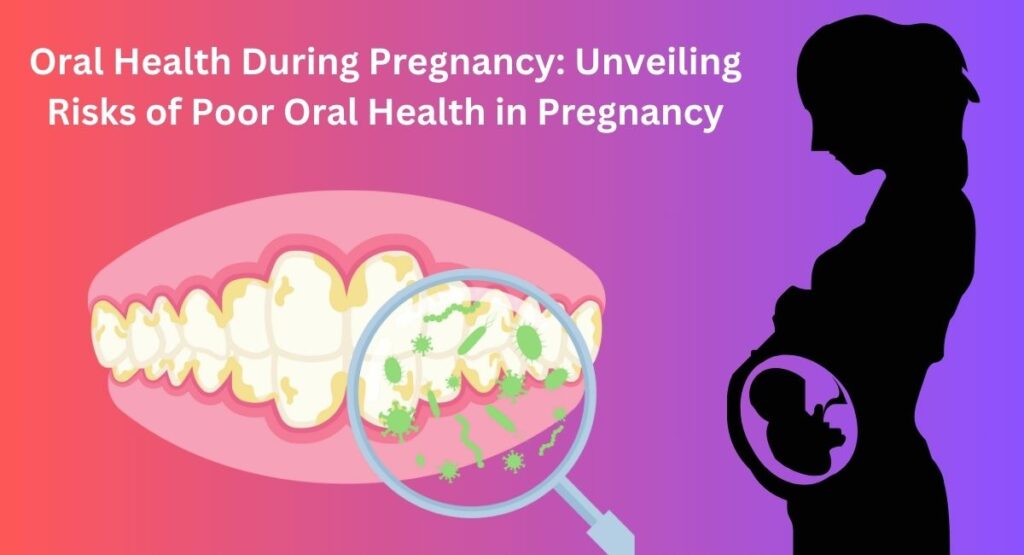
Chewing Gum and Oral Health
Chewing gum is a popular confectionery product enjoyed by people of all ages. It is not only a tasty treat but also offers several benefits. In this blog, we will explore the history of chewing gum, its various types, the advantages it provides, drawbacks and some interesting facts surrounding this delightful indulgence.
This post may contain affiliate links which means we may receive a small commission (at no additional cost to you) for purchases made through links. We include products we think are useful for our readers. Learn more on our Disclaimer page.
History of Chewing Gum
Chewing gum has a fascinating history that dates back thousands of years. Ancient civilizations like the Greeks, Mayans, and Native Americans used natural substances, such as tree sap and resin, to chew on. The modern form of chewing gum as we know it today emerged in the 19th century when chicle, a type of tree sap, became the main ingredient.
Benefits of Chewing Gum
Chewing gum offers numerous benefits beyond just its enjoyable flavor. It stimulates saliva production, which aids in neutralizing acid produced by bacteria interacting with Dental Plaque, contributing to improved oral health and preventing tooth decay. Additionally, chewing gum has been found to enhance concentration, relieve stress, aid digestion, assist in weight management, and promote fresh breath.
Indications of Chewing Gum
Chewing gums have several indications that make them popular among individuals. Here are some common indications of chewing gums:
- Freshens Breath: Chewing gum helps mask bad breath and leaves a fresh taste in the mouth, making it especially beneficial after consuming strong-smelling foods or beverages. However, if you experience chronic bad breath, it’s important to consult your dentist as chewing gum alone will not address the underlying cause.
- Saliva Stimulation: Chewing gum stimulates saliva production, which aids in the natural cleansing process of the mouth. Increased saliva flow helps wash away food particles, neutralize acids, and maintain a healthy oral environment.
- Oral Hygiene Aid: Chewing sugar-free gum, especially after meals, can help remove food debris and stimulate saliva flow, complementing regular brushing and flossing for maintaining oral hygiene.
- Teeth Whitening: Some chewing gums contain whitening agents that can help reduce surface stains on teeth, resulting in a brighter smile over time.
- Stress Relief: Chewing gum can serve as a stress-relieving activity, providing a sensory distraction and promoting a sense of relaxation.
- Concentration and Alertness: Chewing gum has been associated with improved focus, concentration, and alertness in certain individuals. The act of chewing is believed to enhance cognitive function and mental performance in some situations.
- Smoking Cessation Aid: Nicotine gum is specifically designed to help individuals quit smoking by reducing nicotine cravings and providing a safer alternative to smoking.
It’s important to note that chewing gums should be used appropriately and in moderation to maximize their benefits while considering individual preferences and oral health conditions.
Drawbacks of Chewing Gum:
- Not a Replacement for Oral Hygiene Routine: Gum should complement, not replace, regular brushing, flossing, and dental care.
- Inadequate Plaque Removal: Gum may not effectively scrape plaque, especially between teeth or reach all areas like brushing and flossing.
- Jaw Joint and Muscle Issues: Excessive chewing strains and tire the jaw joint and muscles leading to jaw pain, headaches, muscle fatigue and soreness.
- Dental Problems: Sugary gum increases the risk of tooth decay and cavities without proper oral hygiene.
- Digestive Disturbances: Swallowing large amounts of gum or along with indigestible substances may cause digestive discomfort or blockages.
- Artificial Additives: Some gums contain artificial sweeteners, flavors, and preservatives that may cause adverse reactions in some individuals.
- Environmental Impact: Conventional gum’s non-biodegradable materials contribute to litter and environmental pollution.
- Choking Hazard: Gum poses a choking risk, particularly for young children or those with swallowing difficulties.
- Regular Use Can Be Costly: Frequent and regular gum chewing can lead to additional expenses compared to routine oral hygiene aids, potentially adding to the overall cost of maintaining oral health.
It’s important to note that while these points outline the drawbacks, chewing gum can still be enjoyed in moderation while considering oral hygiene practices and individual circumstances.
Different Types of Chewing Gum
There is a wide variety of chewing gum available in the market to cater to different preferences. Some popular types include mint-flavored gums for fresh breath, sugar-free gums for those watching their sugar intake, fruity gums for a burst of flavor, and even specialty gums with added benefits like teeth whitening or caffeine or nicotine.
Choosing the Right Chewing Gum
When selecting chewing gum, it’s important to consider factors such as flavor, sugar content, and any specific requirements you may have. Opting for sugar-free gum can be beneficial for dental health and overall well-being. It’s also advisable to choose a gum with natural sweeteners and avoid those with artificial additives.
Chewing Gum and Oral Health
Chewing gum can have a positive impact on oral health. The act of chewing stimulates saliva production, which helps wash away food particles and neutralize harmful acids in the mouth. This reduces the risk of tooth decay and promotes healthier teeth and gums. However, it’s essential to maintain a regular oral hygiene routine alongside chewing gum for optimal dental care.
Chewing Gum and Concentration
Studies have shown that chewing gum can improve concentration and cognitive function. The repetitive chewing motion increases blood flow to the brain, resulting in heightened alertness and better focus. This makes chewing gum a handy tool for students, professionals, or anyone looking to enhance their mental performance.
Chewing Gum and Stress Relief
Chewing gum has been found to have stress-relieving effects. The rhythmic chewing action can help reduce tension and promote relaxation. It serves as a simple and accessible method to manage stress and anxiety in various situations, whether it’s during a hectic workday or a challenging exam.
Chewing Gum and Digestion
Chewing gum can aid digestion by stimulating the production of saliva, which contains enzymes that break down food particles and initiate the digestive process. The increased saliva flow can help alleviate indigestion and reduce bloating. However, it’s important to note that chewing gum should not replace proper eating habits or a balanced diet.
Chewing Gum and Weight Management
For individuals seeking to manage their weight, chewing gum can be a helpful tool. It provides a low-calorie option for satisfying cravings and keeping the mouth occupied, reducing the temptation to indulge in calorie-dense snacks. However, it’s essential to opt for sugar-free gum to avoid unnecessary calorie intake.
Chewing Gum and Fresh Breath
One of the most well-known benefits of chewing gum is its ability to freshen breath. Chewing gum after a meal or when experiencing bad breath can help mask odors and promote a minty-fresh sensation. Look for gums with breath-freshening ingredients like mint or cinnamon for an extra boost of freshness.
Sugar-free chewing gum
Sugar-free, Aspartame-free chewing gum
Dry mouth moisturizing gum
Quit smoking chewing gum
Fresh breath, vegan sugar free chewing gum
Proper Chewing Gum Etiquette
While chewing gum offers many advantages, it’s important to follow proper etiquette when enjoying it. Avoid chewing gum in situations where it may be considered impolite, such as during a conversation, business meeting, or formal event. Dispose of used gum properly in a trash bin to maintain cleanliness and prevent environmental issues.
The Environmental Impact of Chewing Gum
It’s crucial to be aware of the environmental impact of chewing gum. Traditional chewing gums often contain synthetic polymers, such as polyethylene, which do not biodegrade and contribute to litter. To mitigate this issue, consider choosing biodegradable or natural chewing gum alternatives that are made from sustainable ingredients.
Chewing Gum Myths Debunked
There are several myths surrounding chewing gum that are worth debunking. Contrary to popular belief, swallowing gum does not take years to digest. While it may not be fully broken down like other foods, it passes through the digestive system normally. Additionally, chewing gum does not lead to weight loss on its own; it is merely a helpful aid in managing cravings.
Conclusion
Chewing gum provides numerous benefits for oral health, concentration, stress relief, digestion, weight management, and fresh breath. However, it is essential to emphasize that gum chewing should not replace regular brushing and flossing. It is a supplementary practice that can enhance oral health when used in conjunction with proper oral hygiene routines. Chewing gum after meals or snacks, when brushing or flossing is not possible, can be particularly beneficial. By choosing the right gum and practicing proper etiquette, you can enjoy its advantages while remaining mindful of the environment. It’s important to exercise moderation and not use gum on a regular and frequent basis, considering both the benefits and drawbacks associated with its use. Remember, maintaining a comprehensive oral hygiene routine is crucial for optimal oral health.
FAQs (Frequently Asked Questions)
- Is chewing gum bad for your teeth?
No, chewing gum can actually improve oral health by stimulating saliva production, which helps neutralize acids and reduce the risk of tooth decay. Opt for sugar-free gum for best results.
- Can chewing gum help with weight loss?
While chewing gum can aid in managing cravings and reducing snacking, it is not a direct solution for weight loss. It should be used as part of a balanced diet and healthy lifestyle.
- Are there any alternatives to traditional chewing gum?
Yes, there are natural and biodegradable chewing gum options available that use sustainable ingredients and are better for the environment. Look for brands that prioritize eco-friendly practices.
- Can chewing gum replace regular oral hygiene practices?
No, chewing gum should not replace brushing, flossing, and regular dental check-ups. It is a supplementary practice that can enhance oral health but should be used alongside proper oral hygiene routines.
- Can chewing gum help with concentration?
Yes, chewing gum has been found to improve concentration and cognitive function by increasing blood flow to the brain. It can be particularly beneficial in tasks that require focus
- Should we recommend chewing gum for children?
Children typically develop better swallowing control and coordination between the ages of 4 and 6. By this age, most children have developed the necessary skills to safely chew and swallow gum without a significant risk of choking. However, it’s important to consider each child’s individual development and abilities, and parental supervision and guidance from dental professionals are important for proper gum usage in children.
- What is the recommended amount of chewing gum to use?
There is no specific recommended quantity of chewing gum to use. Chewing gum can be enjoyed as desired, but moderation is key. It’s important to listen to your body and avoid excessive or prolonged chewing, which can lead to potential discomfort or fatigue in the jaw muscles. Adjusting the amount of gum based on personal comfort and preferences is advisable.
- How long should we chew chewing gum?
Scientific studies have suggested that chewing gum for around 5 to 10 minutes can provide benefits such as increased salivary flow and improved oral hygiene. This duration is often considered sufficient to reap the benefits of gum chewing without prolonged or excessive strain on the jaw muscles. Adjusting the chewing time based on personal comfort and preferences is advisable.
- Is it advisable for people with dentures to use gum?
People with dentures should be cautious when using gum due to the risk of dislodging or damaging their dentures. It is recommended to seek guidance from a dental professional to determine if chewing gum is safe with dentures and to receive any necessary precautions or recommendations.
- Is it advisable for people with bridges, implants to use gum?
While gum chewing is generally safe for individuals with well-maintained bridges or implants, it’s important to be mindful of any specific instructions provided by the dentist. Some types of gum may be more compatible with dental restorations than others. It’s advisable to consult with a dental professional to determine if chewing gum is suitable for your specific dental situation and to receive any necessary guidance or recommendations.


